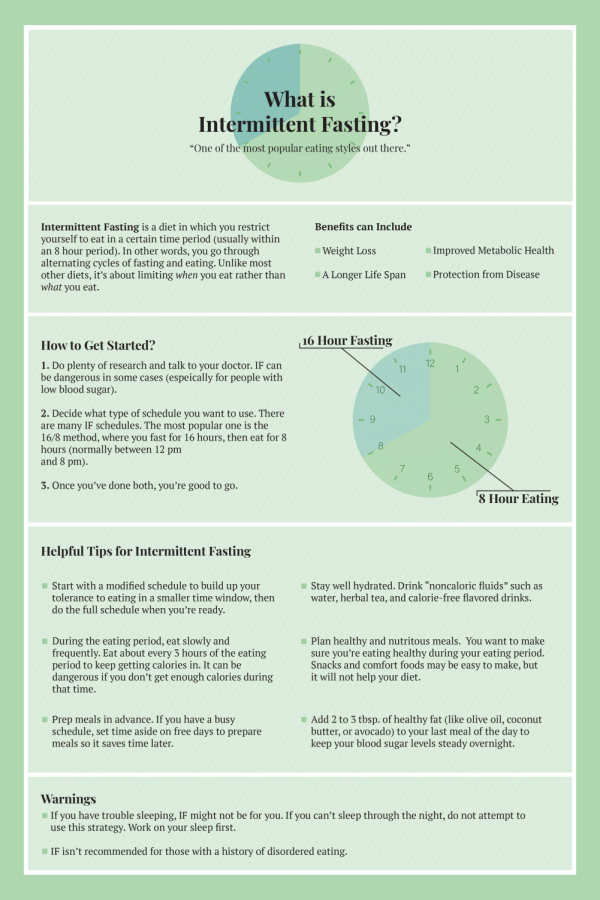Rhode Island Attorney General Peter Neronha and state legislators announced new legislation on June 16 to provide body-worn cameras to all 1,700 frontline police officers in the state. The bill has passed both the House and Senate.
While the Providence and Newport Police Departments already require officers to wear body cameras, the recently introduced program will provide the necessary funding to all other participating police departments to cover the combined cost of the body camera equipment, the platform for redacting personally-identifying civilian information and the video storage needed for the next five years, Neronha said in an interview with The Herald.
Departments will not have access to funding until after the State has decided upon the guidelines and procedures for the body camera program, conversations which will take roughly six to 12 months and will occur through a series of public hearings, Neronha added.
Neronha and his staff conceived of the program in the midst of last summer’s Black Lives Matter protests as his office was handling its own case of excessive police force in which body camera footage, and to a lesser extent bystander footage, played a “critical” role in the prosecution.
“In every case I’ve evaluated, it always comes down to how do I know what happened and how do I prove what happened,” Neronha said. He believes body cameras help answer these questions by resolving competing versions of events in order to hold officers accountable as well as to vindicate those who are innocent.
“We knew there was a law enforcement trust issue,” he said. “I felt like our office had an opportunity … to lead in that space.”
Neronha announced the program two weeks ago alongside leaders of the Rhode Island State Police and the Rhode Island Police Chiefs Association, which researched and piloted body cameras over the past year, according to a press release.
In a press conference announcing the program, West Greenwich Police Chief Richard Ramsay, president of the RIPCA, confirmed that the state’s police chiefs support the program, the benefits of which he said are “well-established.”
State Police Superintendent Col. James Manni also spoke at the conference, calling body cameras a “piece of equipment critical to building public trust and creating transparency.”
“We cannot afford not to have these,” he added.
The cameras “have proven to be a useful tool” to the Providence Police Department, the first in the state to equip officers with body cameras, and have helped advance the department’s goal of “being as transparent as possible with the community,” PPD Spokesperson Lindsay Lague wrote in an email to The Herald.
Cedric Huntley, executive director of the Nonviolence Institute, an organization that practices and promotes nonviolence as a solution to communal violence and that partners with the PPD, said that body cameras are important for accountability and public safety. Although he believes cameras will “help in the process” of building trust, he acknowledged the program alone won’t solve “the years and generations” of distrust between individuals in the community and law enforcement.
Harrison Tuttle, executive director of Black Lives Matter RI PAC, agreed, believing “the trust between the Black and brown community and the police has been severed.”
While Tuttle said the program is “absolutely necessary,” citing the role video footage has played in documenting instances of police brutality and sometimes ushering “real justice,” he does not believe it solves systemic issues such as the “war on poverty” and mental health, which he says underlie deaths “at the hands of the police.”
Tuttle also noted that police have acted with excessive force even when equipped with the cameras. “People didn’t stop dying after George Floyd,” he said. “Oftentimes, the instances in which we see police brutality on the news are from body cameras … so I’m not sure (they’re) a solution.”
Last year, Neronha tasked his team with researching what he believed would be the primary basis for opposition to a body camera program: cost.
In an effort to minimize the use of state taxpayer funds, Neronha sought to help pay for the program by mobilizing as much money as possible from the funds his office acquired from asset forfeitures and civil cases of corporate misconduct. In the end, his office contributed $1 million. The current state budget bill provides an additional $15 million for the five-year program.
Tuttle, who noted that “police budgets have only increased” after a year of nationwide efforts to defund the police, said he generally favors reallocating funds to “community-based solutions.”
While he believes the program is important for accountability, Tuttle added that the $15 million provided by the state budget is money that could have instead gone toward providing students “materials for school” or other services.
Huntley thinks that reallocating funds from the police to other services is appropriate in certain circumstances, but he believes body cameras are “a great investment” that can answer questions from the public and resolve confusion surrounding incidents involving the police.
To follow the body camera initiative, Tuttle proposed that the state adopt a program similar to CAHOOTS in Eugene, Oregon, in which mental health professionals respond to non-violent 911 calls instead of police.
Neronha said the specific guidelines and procedures for the program, such as when body cameras must record, have not yet been finalized. While he expects to publicly release any body camera footage relevant to a case of police misconduct, he conceded that “timing is a trickier question,” given that the premature release of footage can compromise the prosecution of a case.
Neronha offered the example of witnesses who can’t fill in gaps of missing information because their testimonies are biased by a news broadcast. He also suggested that a judge might deem the release as “unfair pretrial publicity” and take measures that could impede the prosecution of the case.
“Ultimately,” he said, “I hope (the body camera program) will instill confidence in the criminal justice system.”





